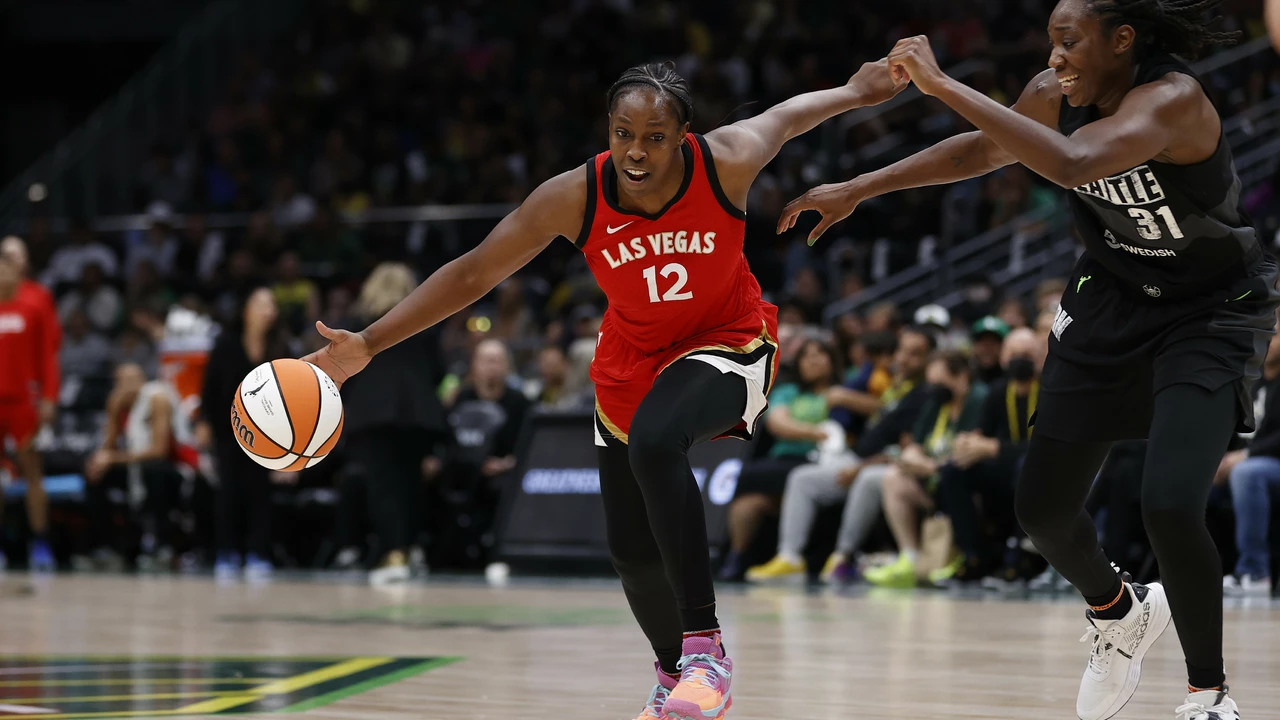The Birth of WNBA: A Financial Perspective
Dear friends, let me slip into memory lane, back when the Women's National Basketball Association was just a twinkle in the eye of the sports community. The birth of WNBA wasn’t just a game changer for women’s sports; it was an investor’s gamble. In 1996, Alba and I were living in Boston. She was a huge Celtics fan, always rooting for Larry Bird. We were newly wed and madly in love with the game. Every weekend, we would spend our evenings tuned into ESPN enjoying a match. But something seemed amiss. The lack of women representation in sports was glaring. That’s when the WNBA came into existence, giving hope and opened a new investment avenue.
A New League: A Newly Concocted Revenue Gravity
So now, let's dive a bit deeper into the financials on the onset of this fresh league. Right in its launch year, the WNBA had signed television broadcast rights with ESPN and ABC, bringing in an influx of revenue. Given, at that time, financial sustainability of a women’s basketball league seemed like an audacious idea. Remember how the Women’s Professional Basketball League (WBL) went belly-up? Despite that, the WNBA seemed to defy the odds! Did you know, during that first season, the WNBA sold out the inaugural game and averaged about 10,000 fans per game? Indeed, it was a promising start for a league whose survival was at stake.
Understanding the Finances: WNBA Around the Clock
The WNBA now has outlived any other professional women's basketball league in the United States, not by magic as one might fantasize, but by the financial maneuvering that has kept it afloat. The league's revenues primarily come from the television rights, game tickets, merchandising and sponsorships. However, compared to the NBA, WNBA's profits were much lesser, as the league had to work extra hard to build its brand and attract consumers.
Television Rights: A Profit Shock in Disguise
The TV rights contract with ESPN from 2003 to 2016 was valued at $12 million annually, which then renewed for $25 million per year. However, this pales in comparison to the NBA's $1.5 billion deal annually. It's a quite considerable jackpot, isn't it? Just think about it - a third of the NBA's revenue comes from television rights alone!
Game Tickets: WNBA's Financial Heartbeat
Ticket sales indeed are the lifeblood of the WNBA. Alba and I once had the chance to attend a WNBA game during one of our trips to the US, and trust me, the energy was electrifying. Something amusing happened that day. Remember our Maine Coon, Felicity? We accidentally left a WNBA page open on our laptop that day and when we returned, Felicity had somehow clicked the ‘Buy Tickets’ option. It seemed like even she wanted to join in on the WNBA fever! Sales from game tickets account for a major chunk of the league's profits. However, the ticket pricing strategy is acutely aware of the spending patterns of its fan demographic and keeps it accessible.
Maintaining the Flow: Profits, Losses, and the Dynamics of Sustainability
However, one must always remember that profits are just one part of the game. The costs of running a league like this are high, which means sustaining it becomes a challenge. In a way, it could be likened to owning a dog -- like Sam, my Golden Retriever. Sure, getting a dog brings joy and companionship, but we cannot ignore the food expenses, grooming costs, vet bills, and so on. In a similar fashion, the WNBA has to strategize its expenses and balance them with their profits efficiently to ensure sustainability.
Crowdfunding: The Golden Egg of WNBA’s Financial Basket?
In recent years, a pleasant surprise has come in the form of crowdfunding. Crowdfunding platforms such as Facebook, GoFundMe, and others, have offered the sports armada an alternative method to generate money. Furthermore, WNBA players have been at the helm of leveraging this for various causes such as players' welfare, marketing campaigns, funding for NGOs, and more.
In conclusion, the question, "Does the WNBA make money or turn a profit?" is as complex as it is important. To answer simply, yes, it does. Is it a money poring gold mine? Perhaps not. But then again, leagues such as WNBA stand for much more than simply raking in profits; it’s about representation, gender equality and changing the status quo. For that, it wins the game every time. Just like Felicity, who despite being an accident, has won our hearts every single day.
Remember, every cloud has a silver lining. And the WNBA, even with its financial challenges, has shown us how to find our silver linings. The determination and passion that these women bring to the court have rewritten many canons of the sports world. It's not just about making money and turning a profit; it's about more than that. It's about victory, passion, and defying odds – just like a grand game of Basketball is meant to be!
